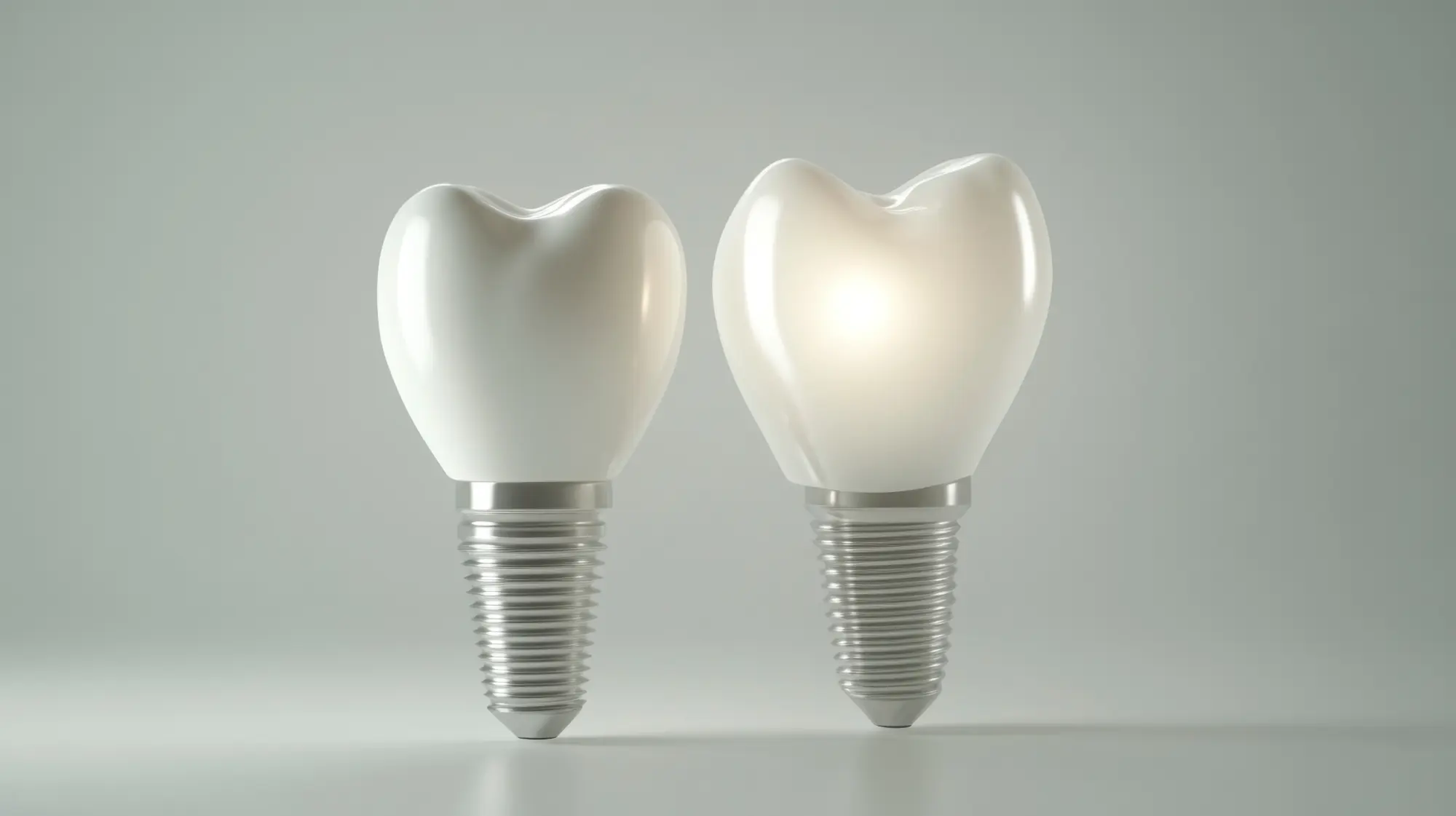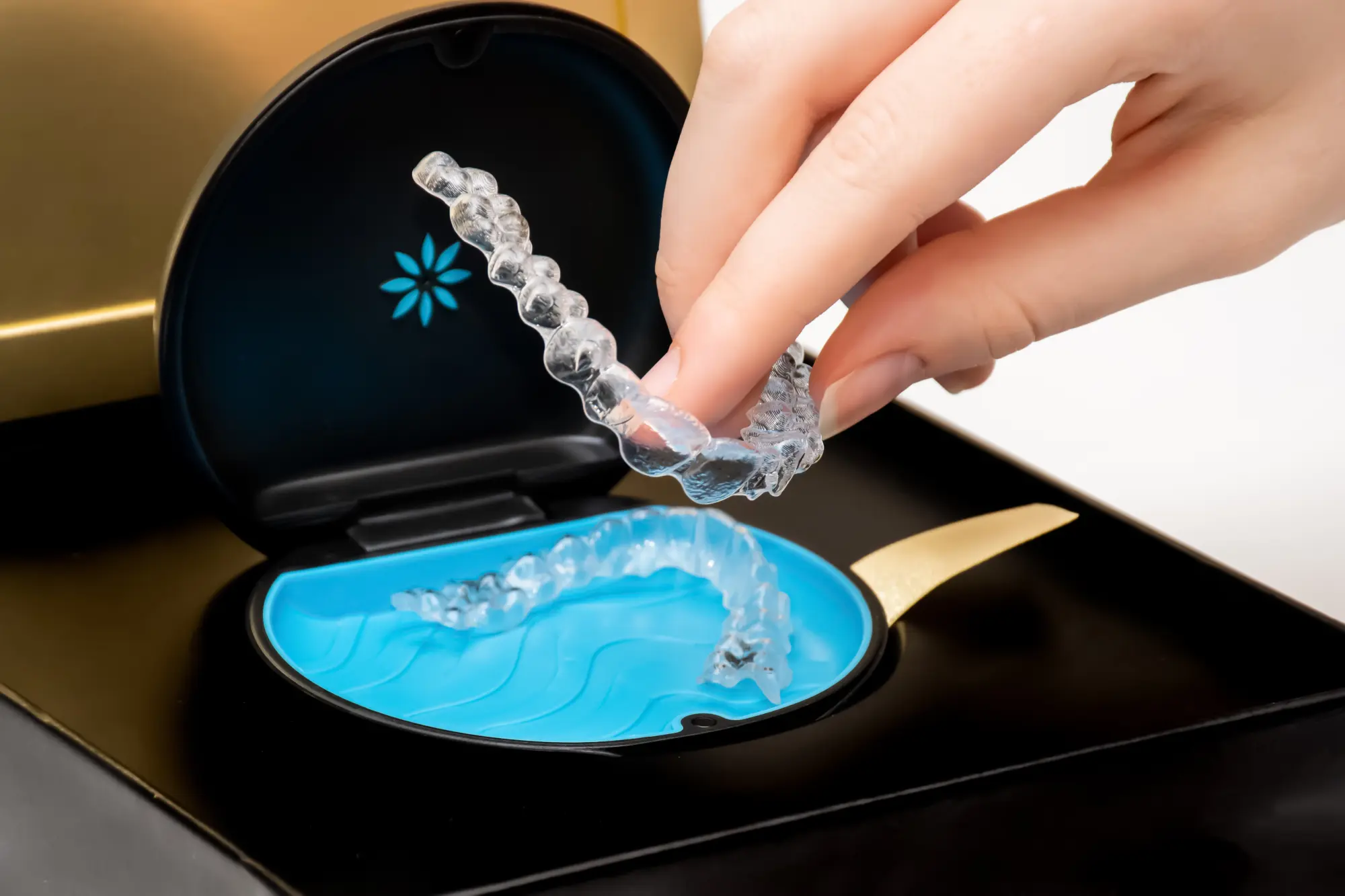
Sleep Apnea Self-Care: A Guide to Better Sleep and Health
Sleep apnea is more than just a nuisance—it's a serious sleep disorder that affects millions of people worldwide. Characterized by repeated interruptions in breathing during sleep, it can lead to a host of health issues, including daytime fatigue, cardiovascular problems, and impaired cognitive function. The good news? There are self-care strategies that can significantly improve your sleep quality and overall health. In this blog, we'll explore practical tips and lifestyle changes that can help manage sleep apnea effectively.
Understanding Sleep Apnea
Before diving into self-care strategies, it's crucial to understand what sleep apnea is and its potential impact on your health. Sleep apnea occurs when the muscles in your throat relax excessively, blocking your airway and interrupting breathing. This can happen multiple times an hour, leading to fragmented sleep and decreased oxygen levels.
There are three main types of sleep apnea:
- Obstructive Sleep Apnea (OSA): The most common form, occurring when throat muscles relax.
- Central Sleep Apnea: Occurs when your brain doesn't send proper signals to the muscles that control breathing.
- Complex Sleep Apnea Syndrome: A combination of OSA and central sleep apnea.
Self-Care Strategies for Managing Sleep Apnea
Implementing self-care strategies can make a significant difference in managing sleep apnea symptoms. Here are some effective approaches:
- Maintain a Healthy Weight: Excess weight, especially around the neck, can increase the risk of airway obstruction. Losing weight can help alleviate symptoms.
- Sleep Positioning: Sleeping on your back can worsen sleep apnea. Try sleeping on your side to keep airways open.
- Avoid Alcohol and Smoking: Alcohol relaxes throat muscles, while smoking can inflame and narrow airways, both worsening symptoms.
Creating a Sleep-Friendly Environment
Your sleep environment plays a vital role in managing sleep apnea. Here are some tips to optimize your bedroom for better sleep:
- Keep Your Bedroom Cool and Dark: A cool, dark room promotes restful sleep. Consider blackout curtains and a fan or air conditioner.
- Invest in a Comfortable Mattress and Pillows: Ensure your bed supports your body properly to prevent discomfort and promote better sleep.
- Limit Screen Time Before Bed: The blue light from screens can interfere with your sleep cycle. Aim to power down devices at least an hour before bedtime.
When to Seek Professional Help
While self-care strategies can be highly effective, it's important to know when to seek professional help. If you continue to experience symptoms despite lifestyle changes, or if your sleep apnea is severe, consult a healthcare provider. They may recommend:
- Continuous Positive Airway Pressure (CPAP) Therapy: A common treatment involving a machine that delivers air pressure through a mask, keeping airways open.
- Oral Appliances: Devices that reposition the jaw and tongue to keep airways open during sleep.
- Surgery: In some cases, surgical intervention may be necessary to remove tissue or correct structural issues in the airway.
Take Control of Your Sleep Apnea in Lake Ridge
If you're struggling with sleep apnea, don't wait to seek help. At Lake Ridge Dental, Dr. Sanae Berrada and our dedicated team are here to provide you with the support and treatment you need to manage your sleep apnea effectively. Our personalized approach ensures that you receive the best care tailored to your unique needs. Contact us today at (703) 491-4040 to schedule an appointment and take the first step towards better sleep and improved health.


















